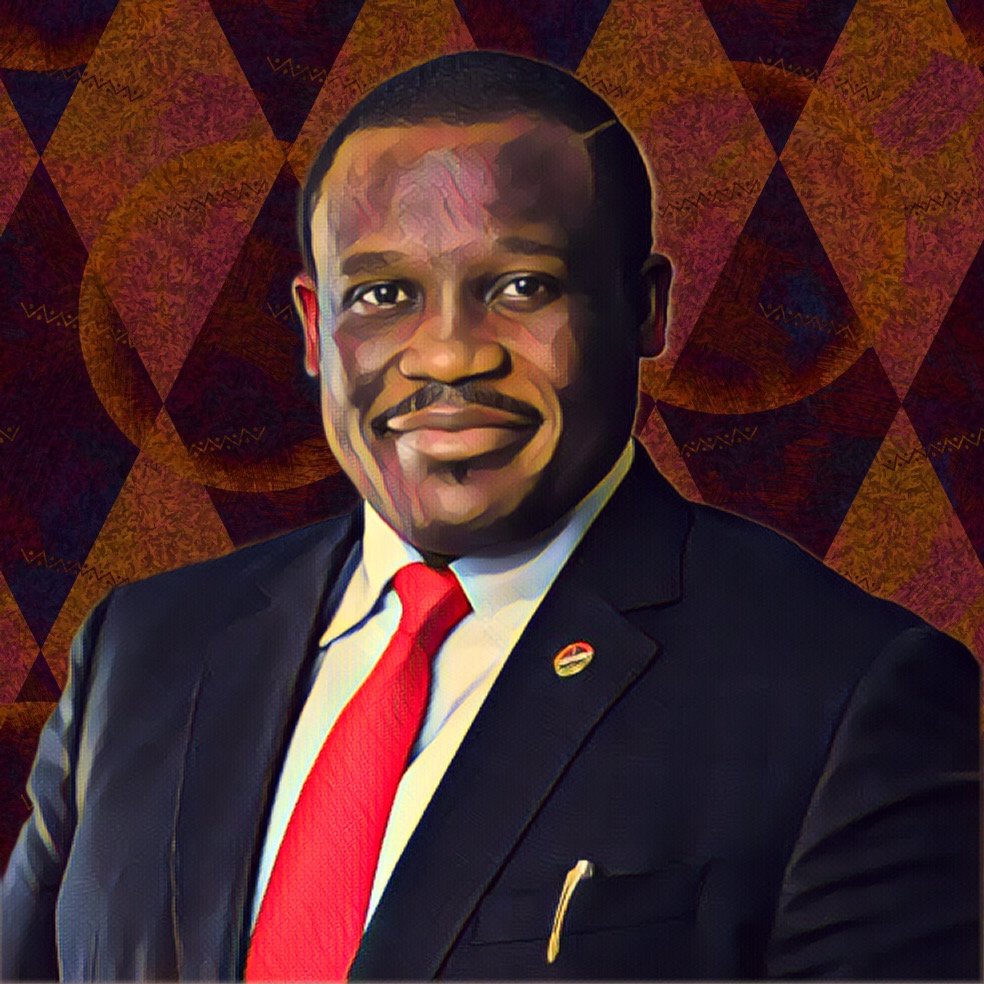On February 15, 2024, amidst the escalating debate surrounding the anti-LGBTQ+ bill in Ghana, Sam George, a key sponsor of the legislation, took to the airwaves to clarify misconceptions regarding the bill’s progression through Parliament. Contrary to circulating reports, Deputy Majority Leader Alexander Afenyo-Markin did not obstruct the third reading of the controversial bill, which seeks to criminalize LGBTQ+ activities in the country.
During an early morning session on February 15, Afenyo-Markin raised concerns over a specific provision of the bill that proposed imprisonment for individuals accused of engaging in or promoting LGBTQ+ activities. He argued that such punitive measures would not contribute to rehabilitating the individuals involved. This stance led to speculation that his opposition could have delayed the bill’s passage.
However, speaking on Joy FM’s TopStory, Sam George clarified that the Deputy Majority Leader’s concerns did not halt the bill’s progression. George emphasized that Afenyo-Markin’s intervention did not constitute an “arrest of the third reading” of the bill, stating confidently that any opposition from Afenyo-Markin would have been easily overcome on the Parliament floor.
Further detailing the legislative process, George explained that he and co-sponsor Emmanuel Kwasi Bedzrah had already planned a second consideration of the bill to make several amendments. These amendments included removing the terms “proper” and “Ghanaian” from the bill’s title, changing it from “Proper Human Sexual Rights and Ghanaian Family Values” to “Human Sexual Rights and Family Values Bill.” Additionally, some clauses within the bill inadvertently retained the word “Ghanaian,” necessitating further revisions to ensure consistency with the agreed changes.
George’s account of the parliamentary proceedings highlighted that following Afenyo-Markin’s contribution to the debate, Bedzrah seconded a motion for further amendments, thus proceeding without disruption from the Deputy Majority Leader. George’s remarks aimed to dispel rumors of Afenyo-Markin’s alleged obstruction, reaffirming the legislative process’s integrity and the bill’s continued advancement through Parliament.
The anti-LGBTQ+ bill has ignited significant public discourse in Ghana, drawing attention from various sectors of society, including religious leaders, cultural groups, and the legal community. Advocates for the bill argue that it is necessary to protect Ghanaian societal values and prevent the spread of LGBTQ+ activities, while opponents criticize the legislation for infringing on human rights and promoting discrimination.
As the debate continues, the clarification provided by Sam George offers insight into the parliamentary procedures surrounding the bill and reassures supporters that the legislative process is proceeding as planned. The discussion surrounding the anti-LGBTQ+ bill underscores the ongoing tensions between traditional values and human rights advocacy in Ghana, reflecting broader global conversations on LGBTQ+ rights and legislation.





1 comment
Thank you for your sharing. I am worried that I lack creative ideas. It is your article that makes me full of hope. Thank you. But, I have a question, can you help me? https://accounts.binance.com/lv/register-person?ref=SMUBFN5I